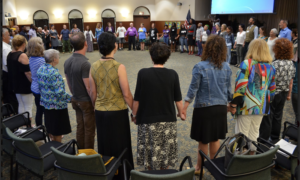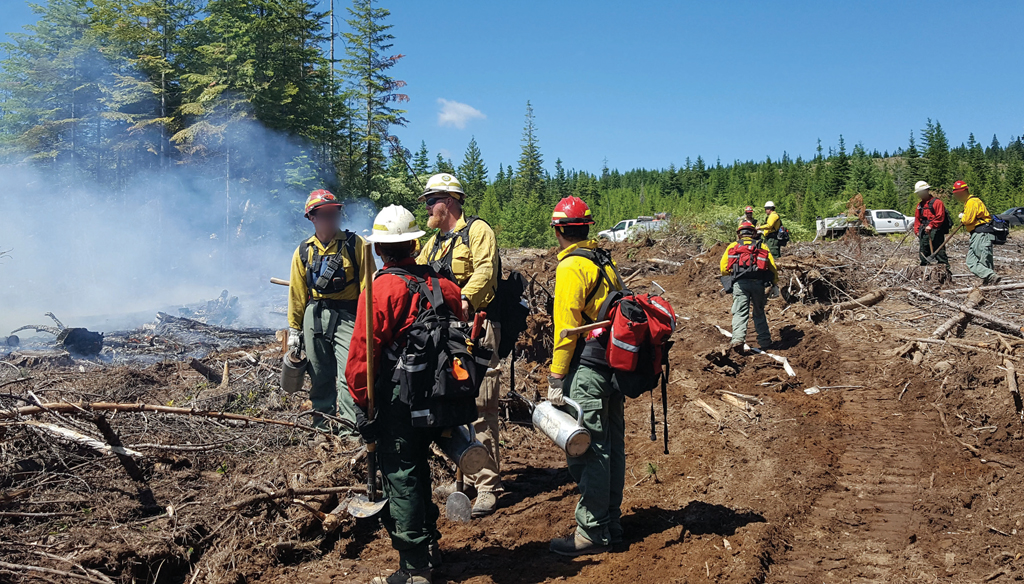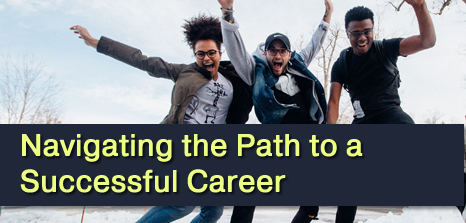
Lightspring/Shutterstock
.
Imagine a program that allows a young person who has been deeply affected by statewide systems to have autonomy and decision-making ability alongside other changemakers and policymakers. Juvenile Law Center’s Youth Advocacy Program is exactly that. It’s made up of three components – Juveniles for Justice (for youth with justice system involvement), Youth Fostering Change (for youth with foster care involvement) and our Youth Speakers Bureau (for alumni to continue their advocacy). These programs give young people the ability to sit down with decision-makers who have been in charge of the systems affecting their lives to provide feedback and recommendations for improvement. This year, the Youth Advocacy Program hit a major milestone — its 10-year anniversary.
We thought it was a good opportunity, as the two social workers who staff the program, to reflect on why its existence is so vital and transformative — and to set our intentions for the next decade. We know how important it is for youth impacted by the justice and child welfare systems to be at the head of the decision-making table when it comes to reform. If we are trying to advocate for youth without going directly to them to ask what is happening to them and what they need, we are doing both ourselves and the youth a disservice. We can’t effectively make change if we aren’t asking youth how to make that change. We, as advocates, should continue to make sure youth are involved in the process at every stage, every time.
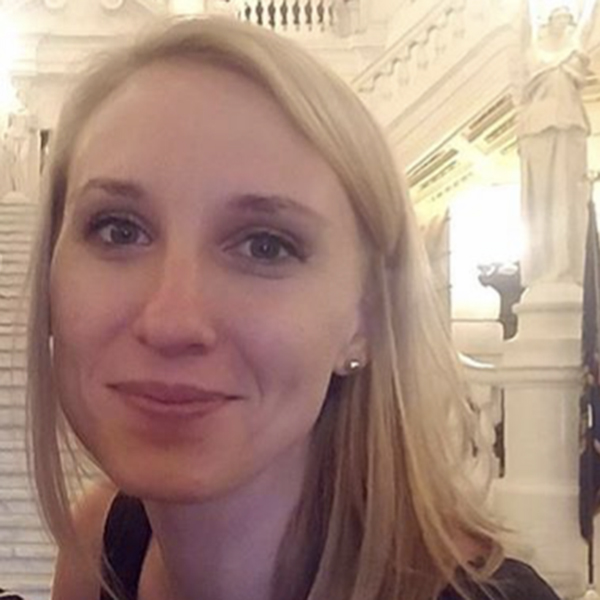
Cathy Moffa
The Youth Advocacy Program was founded in 2008 by Jessica Feierman, now Juvenile Law Center’s senior managing director. She understood the need to center youth voice in the organization. The central goal of the program is for youth to identify an issue around which to build a campaign. Every year, the youth come up with long lists of compelling issues. They choose one, develop recommendations and then work with state, local partners and decision-makers to help bring about reforms in the juvenile justice and child welfare systems.
As far as the two of us and how we started at Juvenile Law Center: Cathy started in 2012 as the social work graduate intern working with the associate for youth engagement. After a year of this field placement, she was offered the position of overseeing the project. Cathy has been with the Youth Advocacy Program the longest. She realized very early on in her work the importance of consistent staffing for the program. She helped transform the position from an associate to a manager position, working extensively to get the funding and support to bring on a full-time manager for the programs, which is how we were able to bring Marcía onto the staff.
Marcía also started out at Juvenile Law Center as a graduate intern. She wanted to do a field placement there to understand more about the experiences of youth in the justice system. She began an internship at Juvenile Law Center from 2014 to 2015 for the fall semester. In that year, Youth Fostering Change worked on a youth homelessness prevention project and Juveniles for Justice worked on an education project.
For Juveniles for Justice’s education project, youth and staff engaged in lobbying, and some of their recommendations to improve education for youth in juvenile justice facilities were put into ESSA (Every Student Succeeds Act) – a major win. After this, she left for a year and then found out the organization wanted to add staff. She was thrilled to join and was brought on to not only add to the Youth Advocacy Program, but to expand Juvenile Law Center’s policy work.
Reflecting on impact
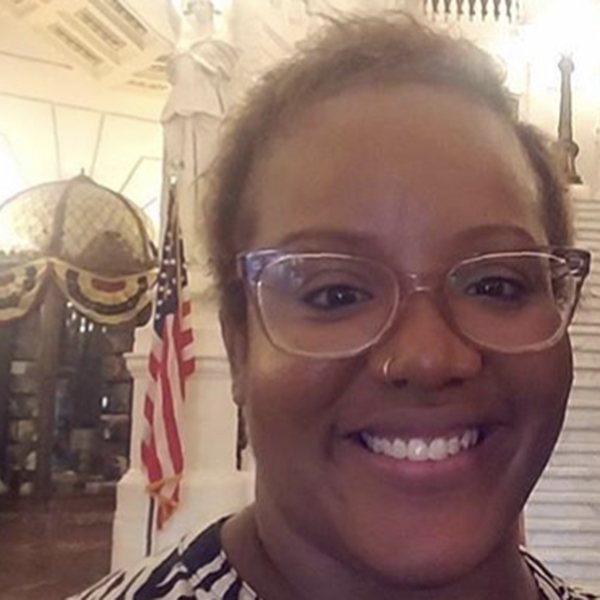
Marcía Hopkins
Being a part of this organization and doing this work has been so rewarding for both of us — especially now as we celebrate 10 years. It is amazing to see how much it has grown and to know that Juvenile Law Center staff who started the program by writing a grant a decade ago understood the importance of having youth with lived experience in these systems working to help reform them. They knew that if our organization was drafting policies and recommendations related to youth with experience in the child welfare and juvenile justice systems, there had to be a space to actively engage youth in this process.
This celebration has also provided us with the opportunity to reflect on the program and this work. As we are constantly working to develop our curriculum, contact partners, establish campaigns, work with other staff at Juvenile Law Center and deal with everyday crises that our youth have, we do not always have time to be reflective. As we celebrate this decade, we have been thinking about what the impact of these programs has been.
As we look back on projects, we see how far we have come. We continue to keep in touch with alumni, and we see how their involvement in the Youth Advocacy Program has been completely life-changing. It has really given us the opportunity to think about where Juvenile Law Center would be without this program, where these youth would be and where policies would be. To be able to celebrate 10 years, and hopefully 10 years more and 10 years after that speaks volumes to the dedication the office and, particularly those who came before us, have had for this project.
The hardest part of our jobs goes hand in hand with the most rewarding part — seeing youth bravely speak up and share their stories, creating change for others that might not materially improve their own lives. Youth can be sitting and speaking with a government official who has had so much control over their lives up until that point, and then their words move that person to make a change. We see the joy and sense of accomplishment on a young person’s face when they know they made that happen. As a community, we all benefit immensely from making sure they are involved.
It is hard, though, to see change happen knowing how much their story helped moved the needle, and then realize nothing changed about their own personal experience. They might be meeting with someone from the city council in the afternoon and still go home to an unstable household, still be homeless and still experience the harmful effects of these systems. They can make a big difference for those coming after them, but it might not be enough to affect their personal situation at the moment or even moving forward.
In the next 10 years, we have a lot of dreams. Ideally, we would love to see a world in which there isn’t a long list of issues that need work or fixing, and our primary focus could be eliminating some of these practices entirely. We would love to get to a point where the work isn’t about maintenance anymore, but about providing the support and systems that will help youth regardless of their home situation, where we can secure their rights and help them to have happy, healthy experiences of adolescence. We’d also like to continue to work with youth groups in other states to help shift the narrative about youth in these systems on a much larger scale.
We imagine partnering with groups all over the country to address the issues our youth are facing nationally. We’d like to add more components to our program — bringing in more professional development opportunities to our youth and partnering with more organizations and individuals to provide our youth with services, skills and jobs. We want to do something so big that it would completely shift the experiences of youth in these systems — to do work so profound that we could keep kids out of these systems entirely.
We’re so grateful for these past 10 years and can’t wait to show you what is next.
Cathy Moffa, MSS/MLSP, has been a youth advocacy program manager for five years at Juvenile Law Center. She earned two graduate degrees from Bryn Mawr’s School of Social Work and Social Research and became passionate about advocating for youth in both the child welfare and juvenile justice systems.
Marcía Hopkins, MSW, is the senior manager of youth advocacy programs and policy at Juvenile Law Center. Previously she was the programs consultant for the Congressional Coalition on Adoption Institute working with their Foster Youth Internship and Angels in Adoption programs for one year.


